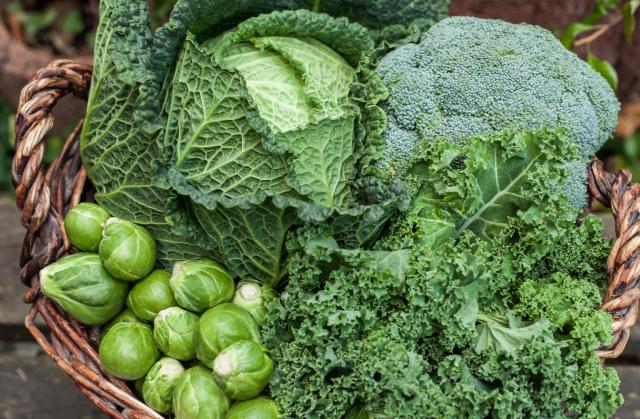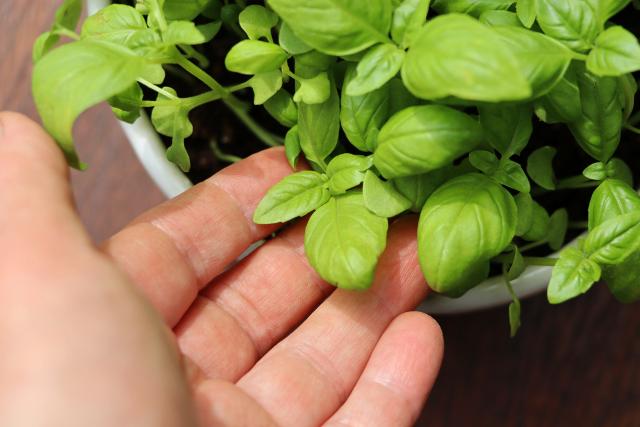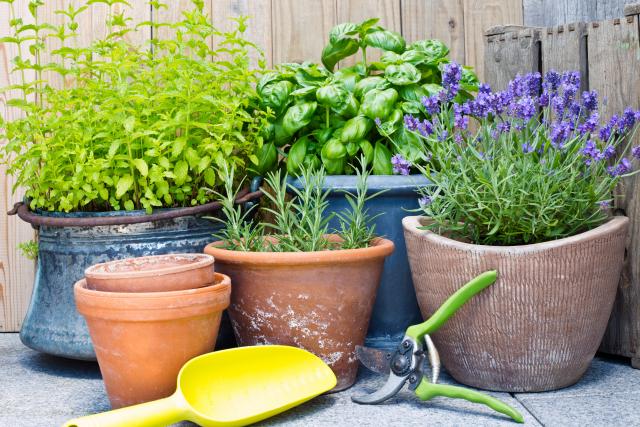As we wave goodbye to autumn and welcome winter in a chilly embrace, it’s a good time to start introducing a variety of winter additions to the garden. If you’re stuck for ideas about what to plant at this time of year, read on to find out the best winter plant varieties and how to help them thrive.
Flowers
Though you may want to stay rugged up inside during the winter, if your garden needs a bit of color, consider planting a few of these flowers.
Alyssum, pansies, dianthus, lobelia, snapdragon, stock, cornflower, geranium, primula, nemesia, polyanthus, cineraria, lavender, sweet pea, violas, begonias and perennial petunias.
Grevilleas, which are native Australian flowering shrubs, are also a good option to plant in winter as they are a hardy plant that can survive many unfavourable conditions.
Herbs
Whether you need to spice up a winter casserole, add more flavour to your soup or bedazzle your roast, these herbs will do well in your garden this winter with the right care and attention.
Parsley, basil, oregano, coriander, dill, sage and mint are all great choices, as well as the classic winter combination of rosemary and thyme.
Vegetables
There’s not many things that are better than a delicious home cooked winter meal, but the fact that you could have that meal not only home cooked but homegrown will make it all the more satisfying.
Consider planting leafy vegetables such as cabbage, lettuce, rocket, spinach and bok choy, or root vegetables including beetroot, garlic, onion, parsnip and radish. Other veggies you shouldn’t overlook include rhubarb, brussel sprouts, and climbing varieties such as peas, broad beans and snow peas.
Preparation is key
One of the most crucial steps in maintaining a healthy garden is to ensure the garden bed is set up with good soil: mulch, compost and fertilisers provide much-needed nutrients to growing plants.
Ensure that all weeds and other debris are removed, and ensure a good quality soil is used to provide the right vitamins, minerals and other nutrients for your plants. Your local nursery or hardware shop is likely to have a few different options of organic garden soil.
Fertilisers and plant foods are often specialised to certain plants, so it would be useful to know what kind of varieties you are planting. Alternatively, cow or chicken manure is an effective general fertiliser, but must be mixed in well with soil to avoid burning plants. Depending on the varieties you have in your garden, you should be wary of pests such as caterpillars, rats and aphids.
As the weather continues to get colder, be sure that your plants still receive plenty of water and sun. Adding in some pea straw, sugar cane mulch or hay around the base of your garden will ensure that a lot of warmth and moisture is retained too. Following these basic steps should put your garden in good stead for the season ahead. Happy planting!








